This article was written by Beth Demmon and originally published in San Diego City Beat
Despite significant delays resulting in late entry into an already crowded craft beer scene, California Wild Ales (4202 Sorrento Valley Blvd.) hopes to soon launch a surprisingly original concept in Sorrento Valley: San Diego’s first all-wild-ale blendery.
“We will dive into all facets of wild ales, [which are] what we love first and foremost,” confirms Zack Brager, one of California Wild Ales’ co-founders. “[We’re] focusing mostly on a couple different sour bases for now and branching out as opportunity presents itself. We would love to do some coolship brewing (a fermentation process that uses open, shallow vessels to cool wort) as well someday, but have no idea when that might happen.”
Wild ales are brews that use “wild” yeast (like Brettanomyces) and/or bacteria (like Lactobacillus and Pediococcus). Due to the unpredictable nature of their fermentation, consistency is difficult to attain, but they often result in funky and sour flavors. Basically, wild ales can be sour ales, but not all sour ales are wild. Terroir (the unique flavor of the surrounding environment) is crucial, so it’ll be interesting to see how Sorrento Valley’s terrain affects the final products.
Other breweries like Toolbox Brewing Company committed themselves to completely wild brews long ago, but California Wild Ales aims to focus on solely barrel-aged wild ales.
“We thought even with all the breweries in San Diego, there was room for much more barrel-aged wild ales,” remarks Brager.
By collaborating with breweries who will provide the wort (unfermented beer), California Wild Ales will be able to ferment and age it in different barrels to eventually blend the ever-funkifying fluid into unique wild offerings. Less time in the barrels will result in milder styles such as Berlinerweisses and fruity wheat beers, while lambics and other longer-aged brews will come later (in some cases, years from now).
The three founders—Cameron Pryor (head of brewing operations), Bill DeWitt (design), and Brager (business management)—plan to use more traditional fermenting equipment such as puncheons and foeders (wooden fermentation vessels typically used to ferment or inoculate sour, farmhouse and wild ales) in lieu of kettle souring. California Wild Ales’ 1,700-square-foot barrel house and forthcoming tasting room may be open by this summer after nearly two-and-a-half years of planning and permitting, but that’s a hopeful estimate.
“We are going to have our first member party and bottle release soon and hopefully a public sale shortly after,” says Brager. “The tasting room will come when we feel we have enough beer to keep it stocked. Until then, it will be all retail bottle sales with a few scattered kegs in the wild (see what I did there?). We may go the route of The Rare Barrel and have a small tasting room only open a few days a week with plans to open a full time off-site location in the next few years. With Cam’s chef background, we may be moving towards a brewpub down the road.”
In spite of the opening day delays, the team’s attitude remains optimistic.“We are still on the path to becoming San Diego’s first 100-percent wild ale blendery,” confirms Brager. “No clean beers in sight.”
– See more at: http://sdcitybeat.com/food-drink/final-draught/getting-wild-with-california-wild-ales/#sthash.ndhtXZtD.dpuf




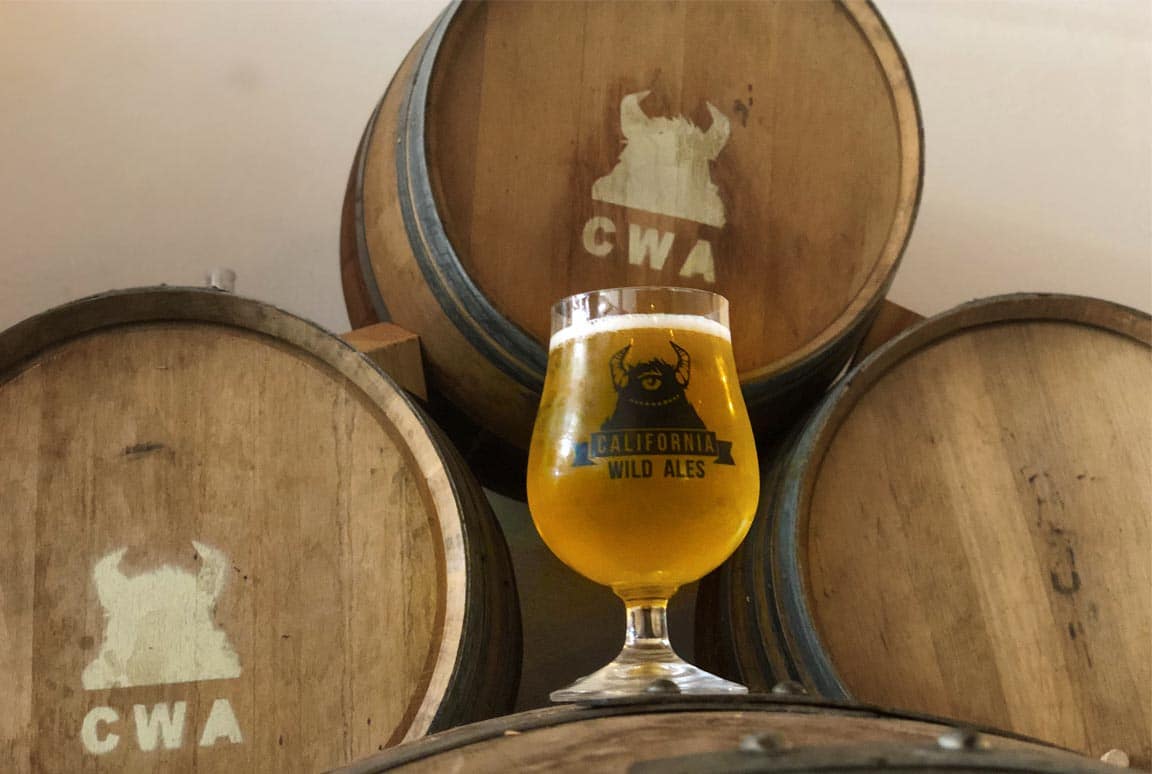

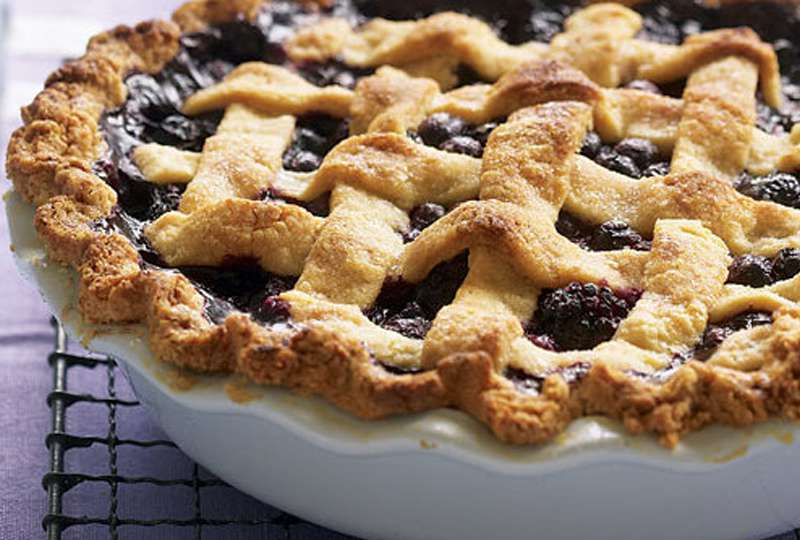
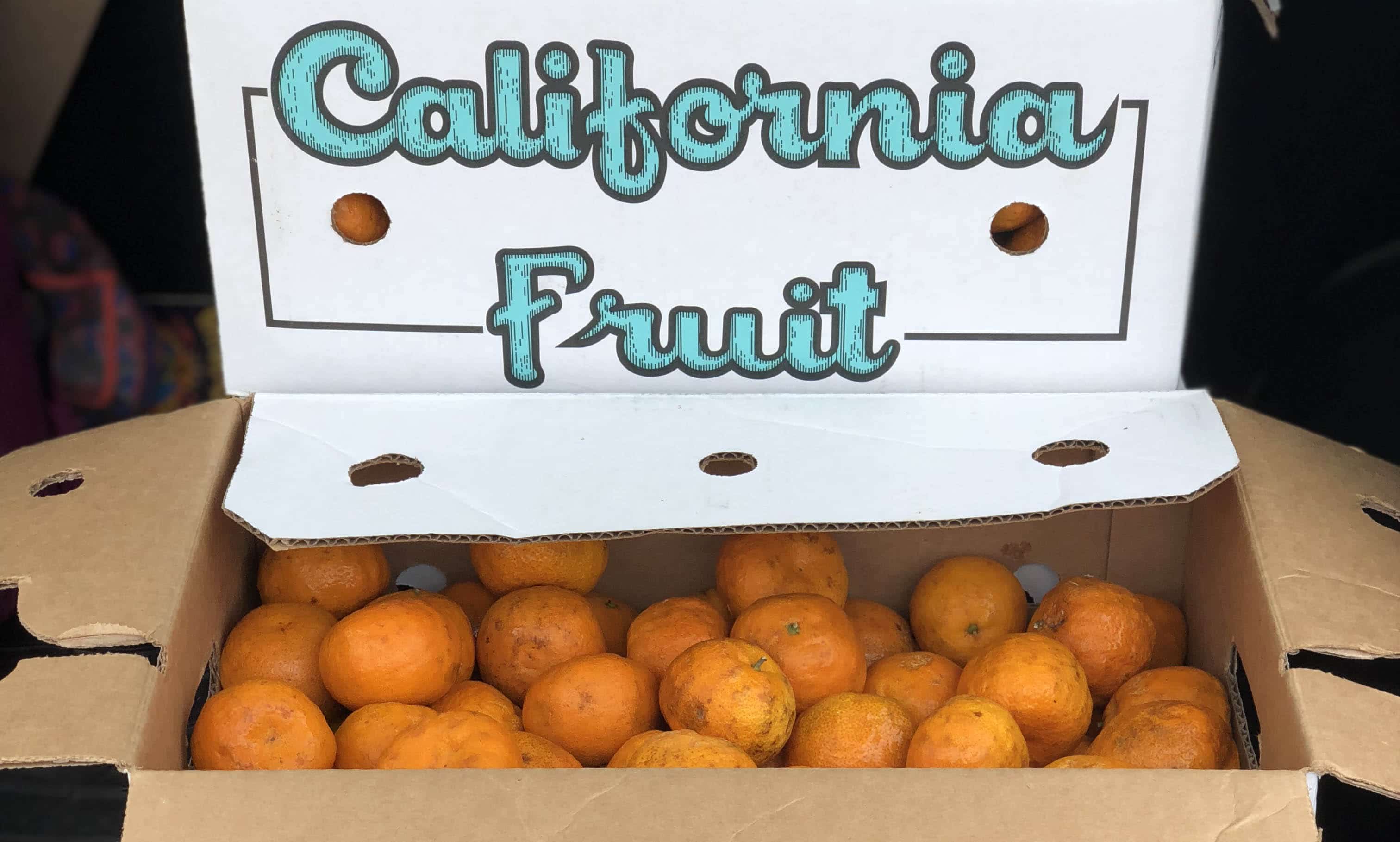
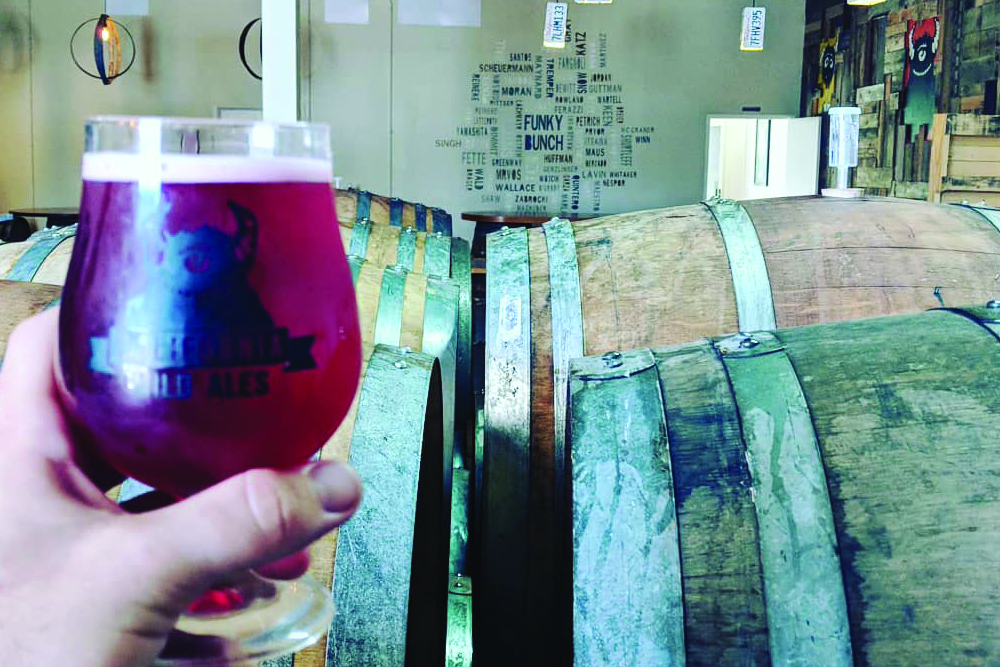
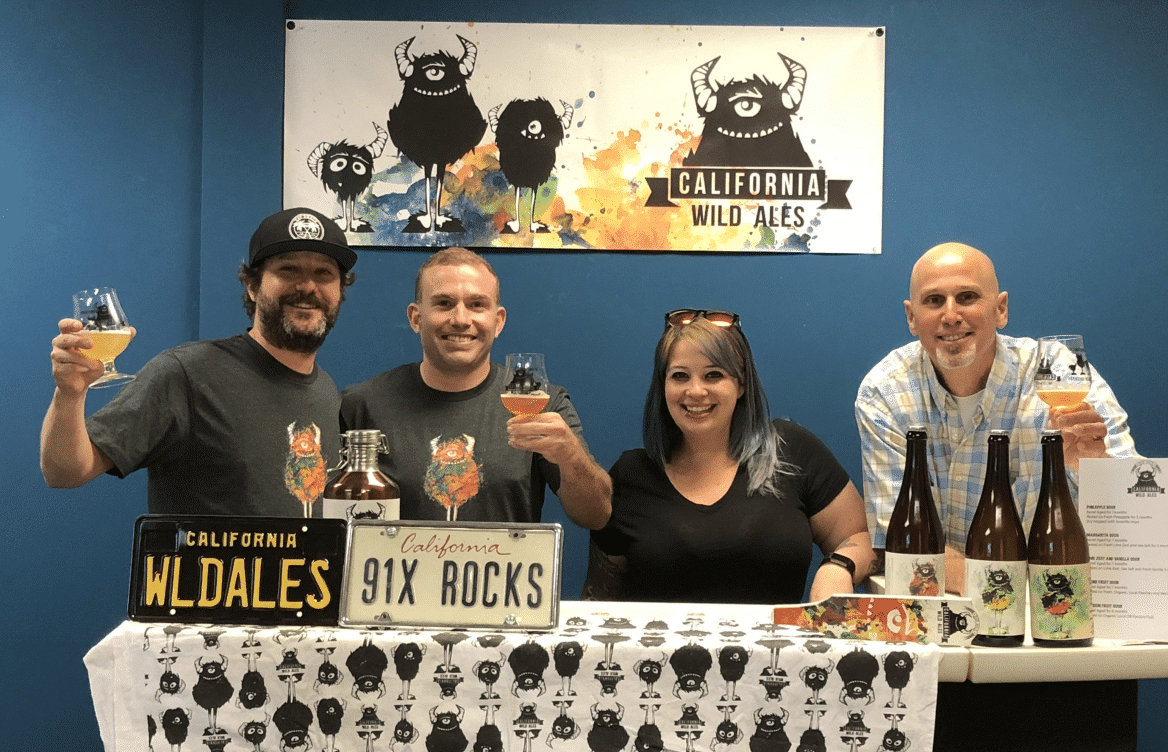
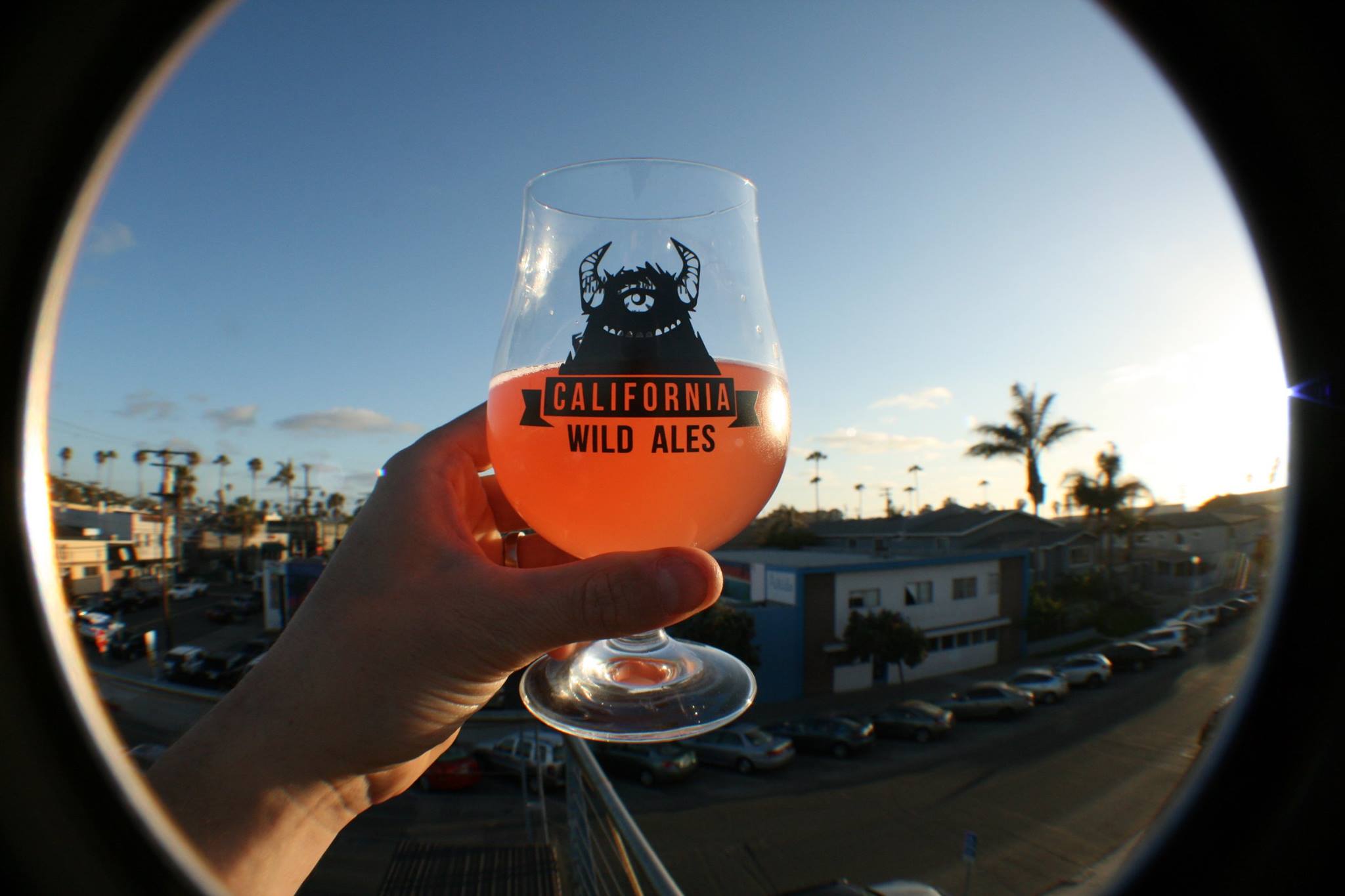
































Follow Us!